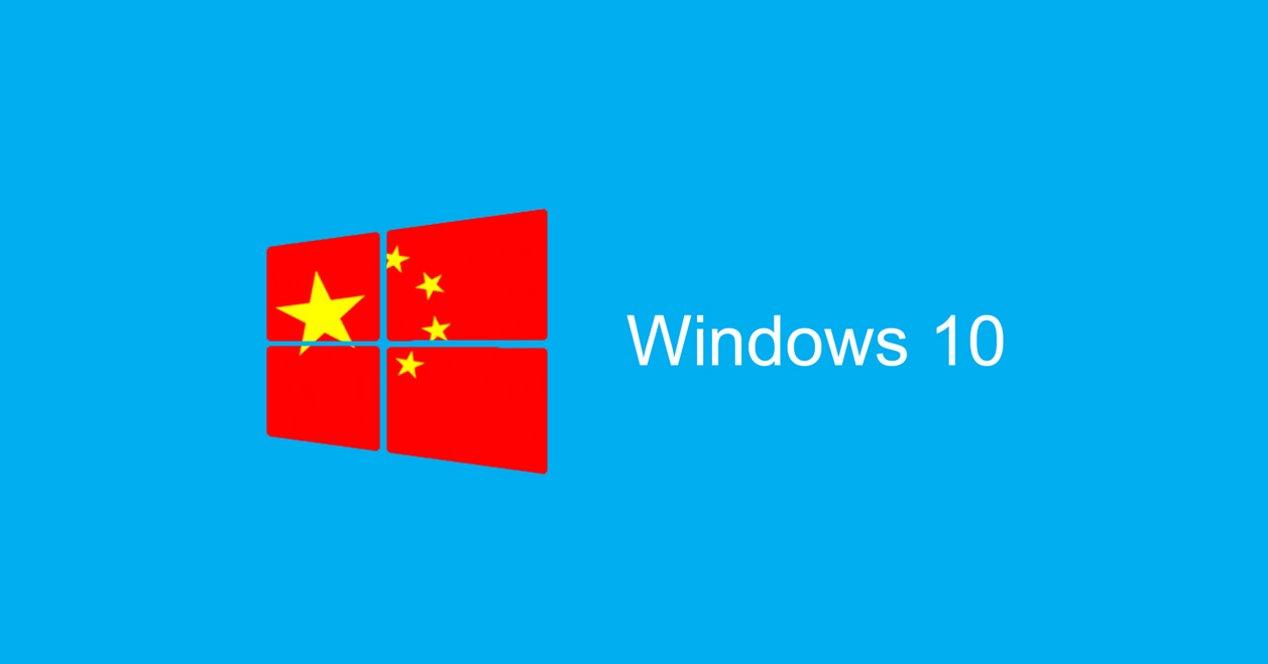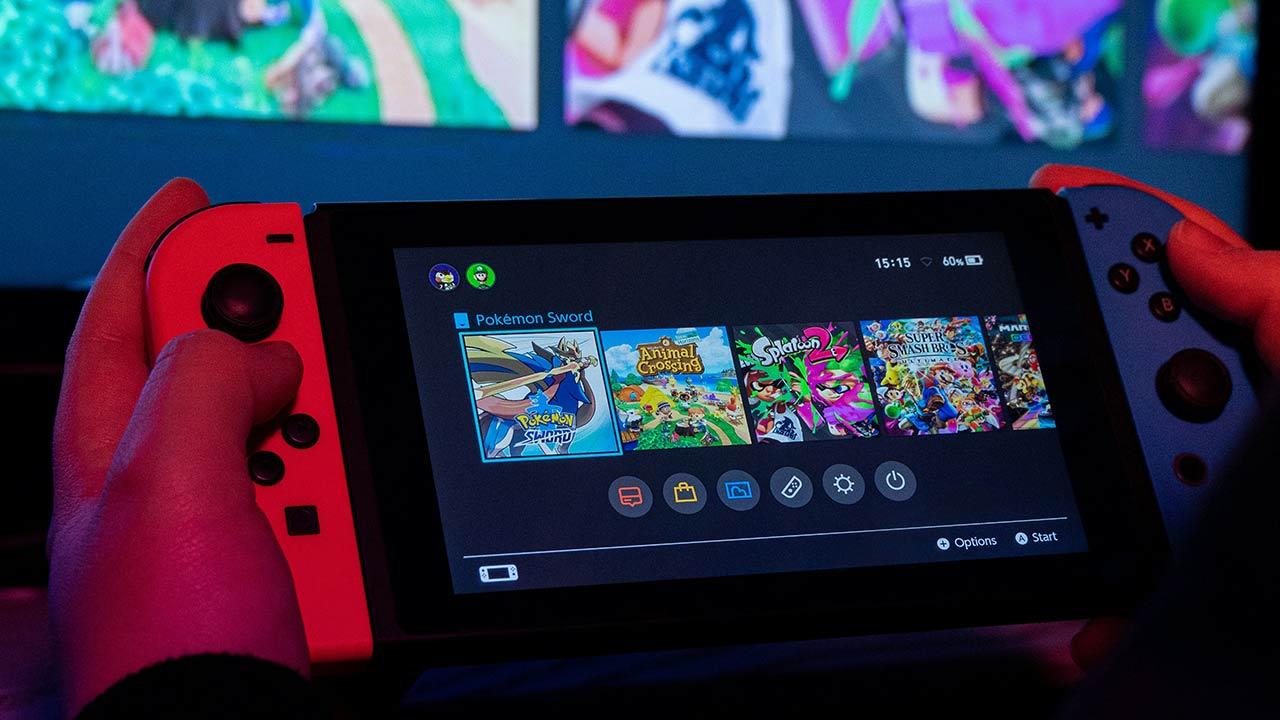The story of Windows 10 Chinese Government Edition This is one of the craziest you can find. We all know that China is not very keen on people’s privacy. Additionally, the country restricts internet access, limiting the websites people can access.
This is the Chinese version of Windows 10
It is well known that big tech companies seek to profit even from the stones. What pays the most is collection of user data, your search patterns which are tagged by gender, age, region, ethnicity, etc. And Microsoft is no exception.
Windows 10 implements a item named snoopware, which is nothing more than tracking software. You can see it in the system start menu news
By this strategy, which is not far from that used by Google, Facebook, Amazon or others, They get user data which they then sell. Personal data, such as name, exact address or similar, are not collected, they are more general data, but, all the same, attentive to confidentiality.
China has a major trade war with the United States, which is the origin of Microsoft. To prevent data leaks, the The Chinese government has launched an ordeal at Microsoft. Basically the confidentiality guaranteed and they did not collect any data they lost that market. This meant losing its presence in government infrastructure and in government-owned businesses.
We are talking about losses of hundreds, even billions of dollars and a sudden loss of value of the company. Faced with this threat, Microsoft has agreed to remove its snoopware of Windows 10, but only for china. This is the origin of Windows 10 China Government Edition, Microsoft’s most private operating system.
Really, apart from the removal of this kind of “tracker”, there are no notable differences. The only thing is that he the operating system is only in Mandarinwhich is the most spoken language in China and another language cannot be installed. This serves as a firewall to prevent anyone outside of China from using it.
Maybe the EU should learn something
Surely you have read countless times that this or another tech company has been fined. Microsoft or Google have suffered a few, which are rarely executed. Normally these penalties take, in the first instance, 4-5 years to come out, and then they are appealed and the ball rolls. Thus, a decade or more may pass without the fine being effective.
The funny thing is that while we are discussing these sanctions, we are subsidizing them in other ways. In the end, these fines, if they end up being enforced, come out of the money from the grants received. Moreover, if we added up the penalty and the subsidies, it would appear that the company earned more money than it had to pay.
China is not an example for many things, but the test worked very well for them.








